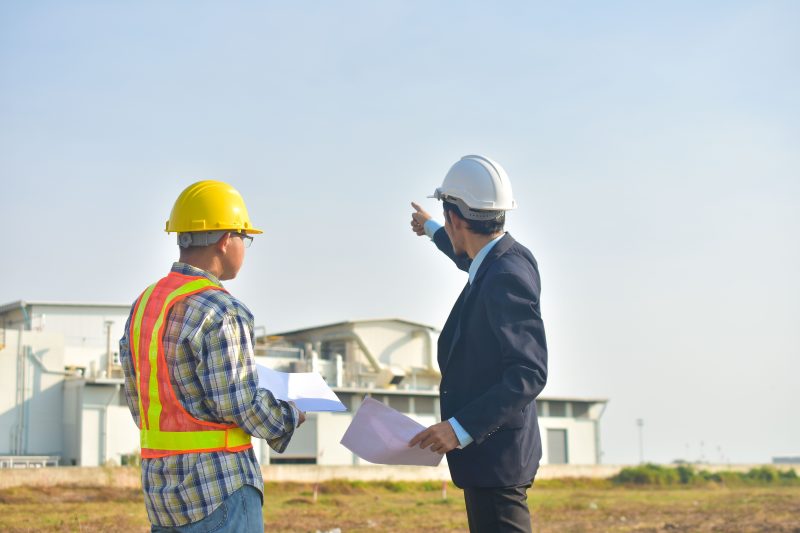Construction Feasibility Study: Ensuring Viability Before Breaking Ground
27 February 2024
Unlock project success with a construction feasibility study. GHP leads in architectural planning and design in Australia. Call (03) 9329 2611 to know more.
For property developers and builders, a construction feasibility study is a critical early step to determine a project’s viability before major investments are made. Conducting rigorous due diligence across key areas can reveal potential issues and allow for modifications to enhance the likelihood of success. GHP provides expert feasibility assessments as part of our full-service planning and design capabilities. Continue reading to learn more about construction feasibility studies.
Key Components of a Construction Feasibility Study
A comprehensive feasibility study examines the project from multiple angles:
• Market Analysis and Demand Assessment – Research must confirm adequate demand and uptake for the final product, whether it be apartments, commercial space or industrial facilities. Supply and competition are also analysed.
• Financial Feasibility and Cost Estimates – Proposed costs are modelled against projected revenue streams to ensure profitability. Life cycle cost analysis determines the total expenditures involved.
• Site Evaluation and Technical Feasibility – The site’s suitability is assessed by considering dimensions, geology, access and services. Technical elements are explored for constructability.
• Legal and Regulatory Compliance Assessment – Relevant zoning laws, building codes, heritage overlays, and other regulations must be reviewed to identify requirements, ensuring that the feasibility study comprehensively considers and addresses all necessary compliance factors for a successful and legally compliant project.
Common Challenges in Construction Feasibility Studies
While critical, feasibility studies also commonly face difficulties:
• Unforeseen Site Conditions: Construction feasibility studies often face challenges related to unexpected site conditions, such as soil instability or environmental complexities, requiring careful assessment and mitigation strategies.
• Changing Market Dynamics: The dynamic nature of markets poses a challenge in accurately predicting demand and assessing project viability. Fluctuations in economic conditions, industry trends, and competition can impact the feasibility of a construction project.
• Regulatory Hurdles: Negotiating and complying with stringent legal and regulatory frameworks, including zoning codes, permits, and environmental regulations, is a common challenge. Navigating these hurdles demands thorough understanding and strategic planning to ensure project alignment with legal requirements.
Importance of Ensuring Viability in Construction Projects
By doing a viability study, you can make a smart first investment that will pay off big time. It lowers project risks by a large amount by finding problems early on when changes are easier to handle. Moreover, such a study instils heightened confidence among investors and stakeholders in the overall viability of projects. The ensuing benefits include a more streamlined process during planning, approvals, and construction stages, leading to an enhanced likelihood of successful project outcomes and improved financial returns.
For expert feasibility assessments backed by decades of construction planning experience, talk to the team at GHP. We provide comprehensive studies tailored to diverse property development projects across Australia. Reach out to us today to determine the viability potential of your next construction venture. With us, you are in good hands!
Optimized by: Netwizard SEO

